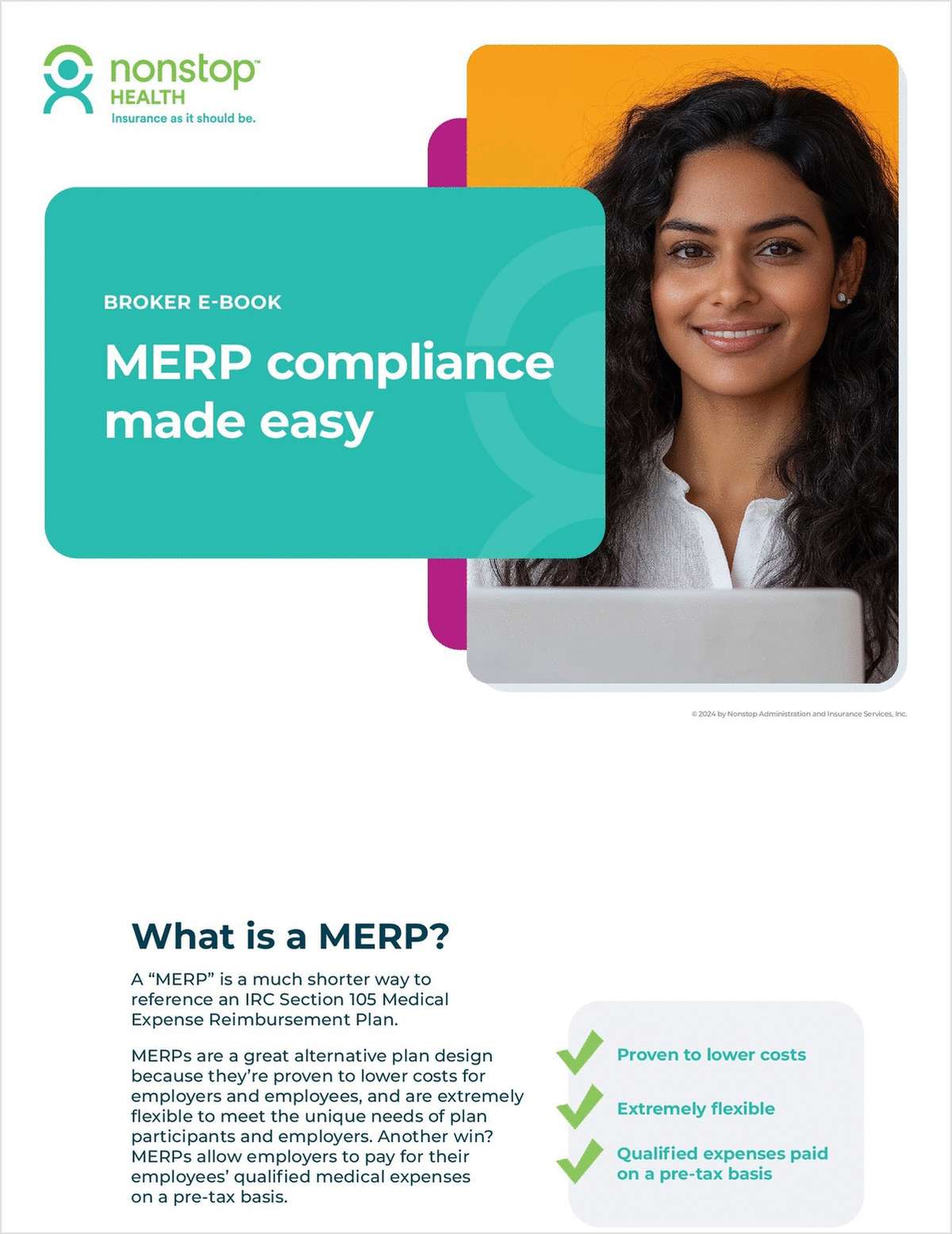A new study finds workers who have access to employer-sponsored dependent care supports like worksite child care report they are healthier than employees without access to these benefits.
According to a study done by the Consulting Practice at Bright Horizons, in cooperation with Dr. Jamie Ladge of Northeastern University, respondents with supports offered by their employer were 31 percent less likely to report lost productivity due to stress over the past month and reported 25 percent fewer personal health concerns due to stress.
Conversely, respondents without work/life supports offered by their employer:
- Were nearly a third more likely to report being down, depressed or hopeless in the last month;
- Were 62 percent more likely to experience sleep issues that have an impact on their jobs;
- Are three times as likely to be treated for high blood pressure and diabetes; and
- Spend 20 percent more time dealing with dependent care issues at work than those who do have access to work/life supports.
"The results of the study confirmed what leading employers know about the positive impact of dependent care supports on employee engagement and productivity - that engagement leads to highly motivated workers and strong business growth," said Bright Horizons CEO, Dave Lissy. "But these new findings that highlight the impact these supports have on health and well-being are very compelling, particularly in light of rising health care costs and the continued focus on supporting employee health and wellness. Clearly, employers who offer these supports have healthier employees and in turn a healthier business."
Behavioral health problems cause more than 200 million missed work days each year in the U.S. at an estimated cost of $105 billion, according to the National Business Group on Health.
According to Bright Horizons, experts have indicated that highly-engaged employees are twice as likely to be top performers and companies with engaged employees see higher productivity and less turnover. And as the face of the workforce evolves, employers are looking to programs and tools, like work/life supports, to help them keep employees engaged.
"Respondents from organizations with dependent care supports were 45 percent more likely to agree or agree strongly with the key indicators that measure employee engagement, showing a very strong correlation between work/life supportiveness and engagement," said Dr. Jamie Ladge of Northeastern University, whose research focuses on the intersection of careers, identity and work/life integration. "As the needs of the workforce continue to shift, to help keep employees engaged and achieving at their highest potential, organizations must create a culture that is supportive of the challenges that employees face and demonstrate that there is a shared goal of the employee succeeding at work and at home."
The study compared stress, health, and wellness outcomes for more than 4,000 working adults, one group with children under the age of 13 who do not have access to dependent care supports through their employer to another group of working adults with similar demographics who utilize employer-sponsored dependent care supports such as worksite child care, adult care, and "just in time" back-up care for well and mildly ill children.
According to the MetLife Mature Market Institute:
- Workers with eldercare responsibilities cost their employers on average 8 percent more than workers with no eldercare responsibilities.
- Among older female workers, 17 percent of caregivers reported fair or poor health compared to 9 percent of non-caregivers.
- Caregivers between 18 and 39 are more likely to have diseases that require a prescription, like high cholesterol (21 percent), hypertension (23 percent), and chronic obstructive pulmonary disease (4 percent) than their non-caregiving counterparts.
- One in five female caregivers over 50 suffer from depression, compared with 8 percent of non-caregivers.
- Among white-collar caregivers, 23 percent say caregiving has a negative effect on their work life.
- The total weighted cost of employee health care for non-caregivers was $139,076, compared with $150,211 for caregivers.
Complete your profile to continue reading and get FREE access to BenefitsPRO, part of your ALM digital membership.
Your access to unlimited BenefitsPRO content isn’t changing.
Once you are an ALM digital member, you’ll receive:
- Breaking benefits news and analysis, on-site and via our newsletters and custom alerts
- Educational webcasts, white papers, and ebooks from industry thought leaders
- Critical converage of the property casualty insurance and financial advisory markets on our other ALM sites, PropertyCasualty360 and ThinkAdvisor
Already have an account? Sign In Now
© 2024 ALM Global, LLC, All Rights Reserved. Request academic re-use from www.copyright.com. All other uses, submit a request to [email protected]. For more information visit Asset & Logo Licensing.








